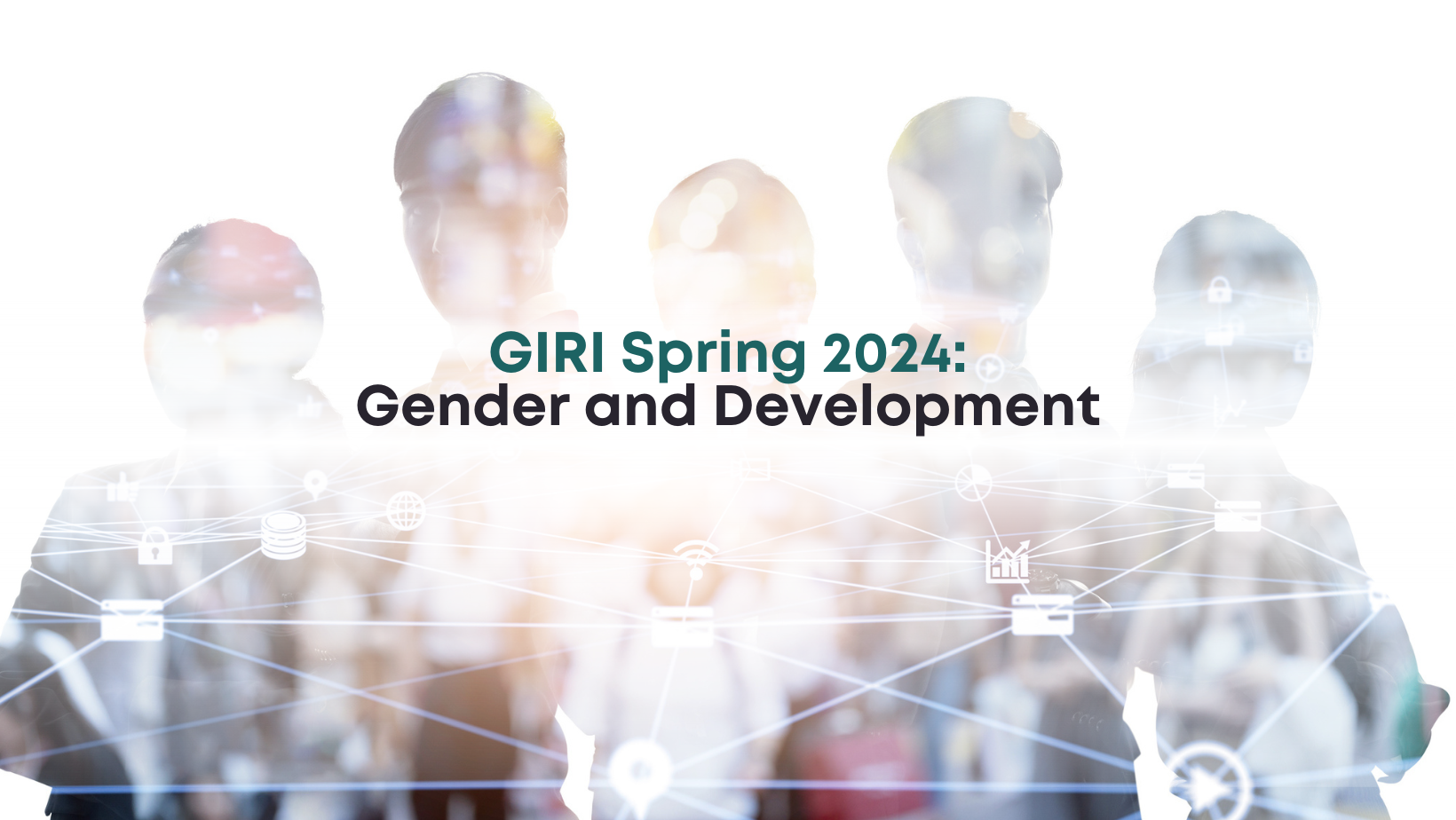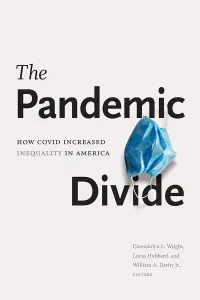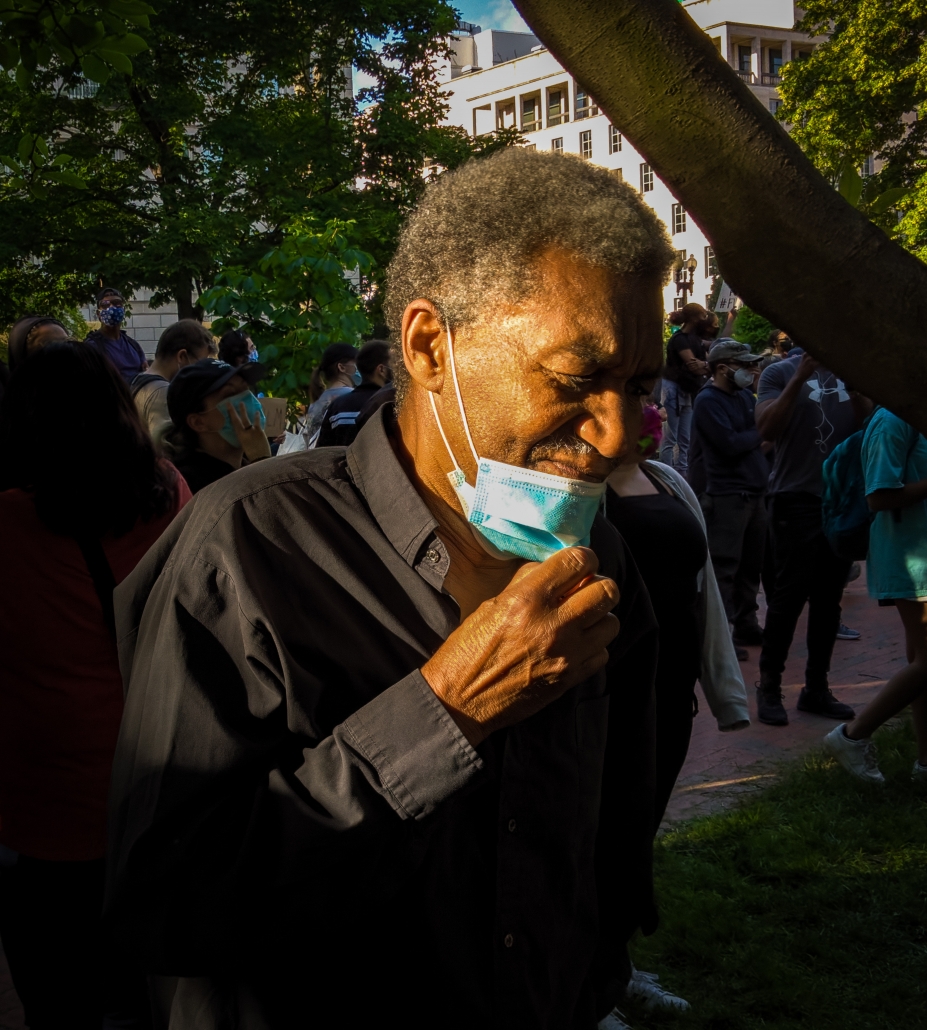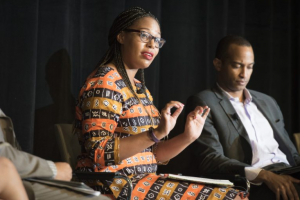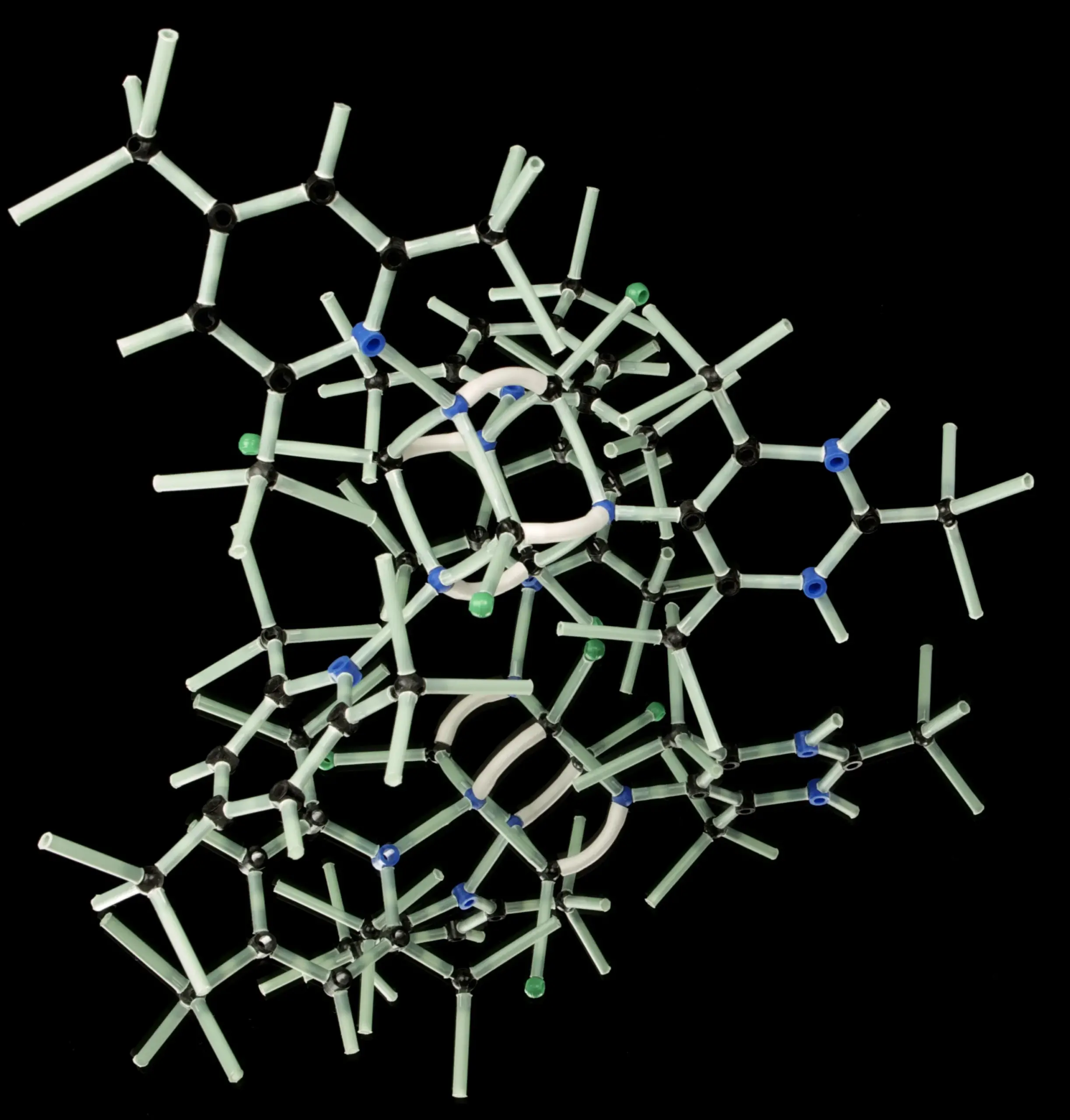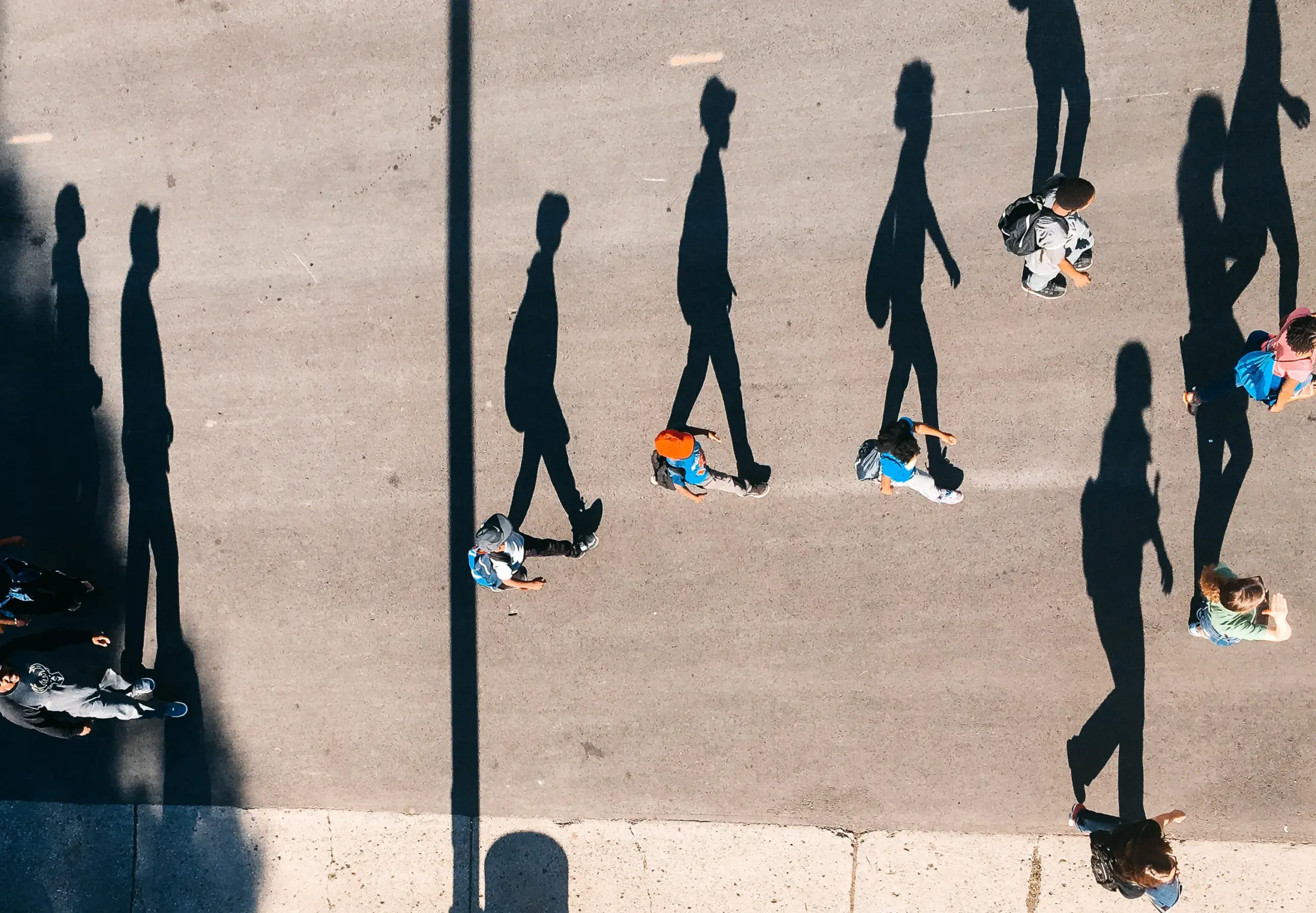Education

Global Inequality Research Initiative (GIRI) Seminar
Program Description
The Global Inequality Research Initiative (GIRI) seminar is an interdisciplinary, vertically integrated research course that emphasizes a judicious application of mixed methods from the social sciences and humanities, including quantitative, qualitative, and archival research.
GIRI Fall 2024 | Environmental Justice:
Unearthing Disparities, Building Equity
Instructor: Kay Jowers, PhD
Meeting Day, Time, & Location: Tuesdays, 10:20am-12:50pm, Gray 228, West Campus
Description: This course dives into the complex world of environmental justice, tracing its origins from a powerful social movement to a pivotal policy arena. We'll cover its evolution, addressing not just the fundamentals of clean air, water, food, and a healthy environment, but also branching into climate justice and energy justice. We'll examine systemic inequalities that disproportionately burden marginalized communities with environmental hazards while restricting their access to essential resources. These disparities have far-reaching effects on health, finances, education, and well-being, perpetuating a cycle of disadvantage.
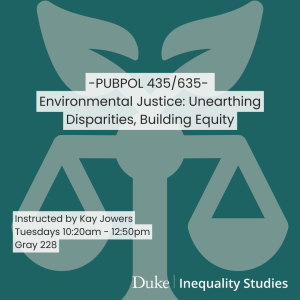
Moving beyond simply diagnosing issues and identifying challenges, we will dive into the socio-political factors that fuel environmental injustices, alongside the strategies and tactics employed by the environmental justice movement to effect change. We'll closely examine activism and reform efforts from both historical and contemporary perspectives. Our investigation will also cover policy solutions, with a particular focus on the Biden Administration’s Justice40 initiative, as pathways to achieving environmental justice. Furthermore, we will discuss the pivotal roles that universities and researchers occupy in this complex domain, emphasizing the significance of research justice and the value of engaging with communities.
By the course's end, students will have a thorough understanding of environmental justice from theoretical and practical lenses. Drawing from sociology, environmental science, public policy, and law, the course fosters critical thinking, enabling students to analyze issues, navigate policies, and contribute to discussions effectively. This course is further enriched by the opportunity to participate in a vertically aligned research team. Together, students plan, conduct, and (aim to) publish their findings in a peer-reviewed journal, contributing not only to the academic discourse but also developing valuable research, teamwork, and communication skills.
Program Description
Cross-listed in multiple departments, GIRI facilitates integrated study and research across fields of social, historical, and political inequality. The course, typically offered once each semester, invites students to produce a major paper that will qualify for submission to a refereed journal in the area relevant to the focus of the study. Past GIRI seminar themes have included reparations, genetics and neuroscience, racism in Europe, and social determinants of health.
Program Goals
- The goal of the class is to navigate the students through a rigorous process that introduces them to the research process. This includes some exposure to qualitative and quantitative methodology. It introduces students to data gathering, cleaning, analysis, and presentation. When students complete the course, they should have a better understanding of inequalities and its connection to the course’s topic. An advanced undergraduate student or graduate student should gain value from this course.
- In all Global Inequality Research Institute courses, the goal is to immerse students in open-ended research, only with the guidelines of exploring a component of the semester’s theme.
- Students should not only be able to conduct research, but also share it. GIRI courses always conclude with a capstone conference, where students present their research in a poster or presentation format. The final component of sharing is the goal of having the research paper published in a Social Science journal.

